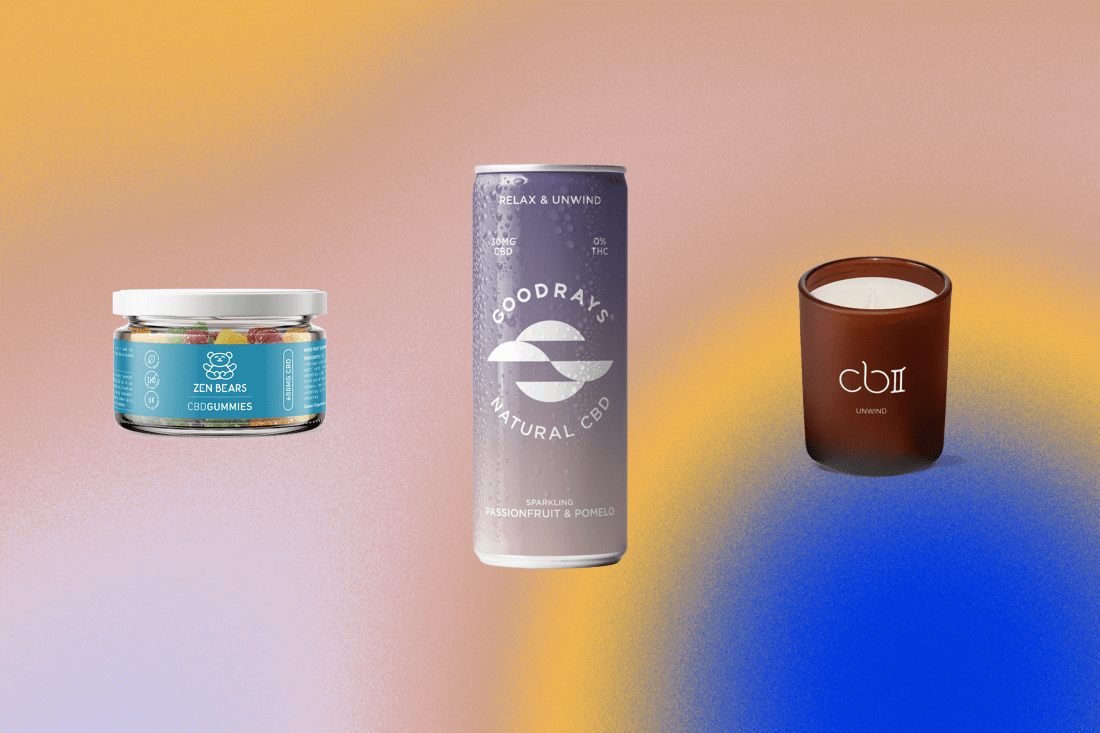Can’t sleep? Here’s how your fellow night owls are catching ZZZs
A recent study reveals the ways people are improving their sleeping habits
A recent study reveals the ways people are improving their sleeping habits
Counting sheep, flipping the pillow to the cold side, listening to Spotify’s array of gentle rain sounds; we’ve all tried our hand at trying to turn off those late-night intrusive thoughts or bouts of recurring insomnia. Hey, we’ve even turned to scroll-hole favourite TikTok for some handy slumber tips. And yet, Mental Health UK reports that one in five Brits are currently not getting enough sleep (which, for adults, should be at least seven hours per night, by the way.)
There’s nothing worse than struggling to nod off after a long day, or waking up the following morning feeling even more tired than when you went to bed. Sleep is an essential part of maintaining both our physical and mental health – not getting enough sleep can result in heightened experiences of stress and anxiety, as well as dips in our memory performance. But as many of you will know, drifting off is not always as easy as counting back from 10.
Fellow night owls, know you are not alone. A new survey of 2,000 US adults confirmed that the average person does not feel satisfied with the amount or quality of their sleep. And while being partial to night-time is not a bad thing – 53% of respondents said that they feel happier, more energised and productive at night – these people are also the most likely to struggle with settling down. Luckily, the survey also asked respondents to detail what they believe helps them to achieve that ever-elusive good night’s sleep, and here is what they said…
36% of respondents noted that a comforting hot drink before bed helped them to wind down. Herbal teas have long been considered holy grails when it comes to preparing the body for a restful sleep, especially those like chamomile and ashwaganda. Probably a good idea to stay away from caffeine, however!
Meanwhile, others found that taking regular naps throughout the day was the best way to fight off drowsiness. Let’s not get it twisted, napping is not lazy; it’s important to make time throughout our day to listen to your body and prioritise rest when you feel you need it. In fact, Sleep Foundation found that a short daytime snooze can improve your performance at work, as well as your general cognition. Many find napping in between daily routines an opportunity to recharge and catch up on some ZZZs if they did not sleep well the night before. Now nap-nation is a cause we can get behind.
A large number of respondents are starting to invest in the quality of their sleep. Many reported that they are currently experimenting with new products to introduce into their night-time wellness routines. Eye masks, CBDs, aromatherapy, facial oils – finding a pre-sleep ritual that de-stresses and relaxes you can be the key to a great sleep. A further 24% said that they now incorporate minerals and vitamins into their daily routines, while 17% have purchased sleep supplements. Forget Gen Z, we’re working on becoming generation zen.



